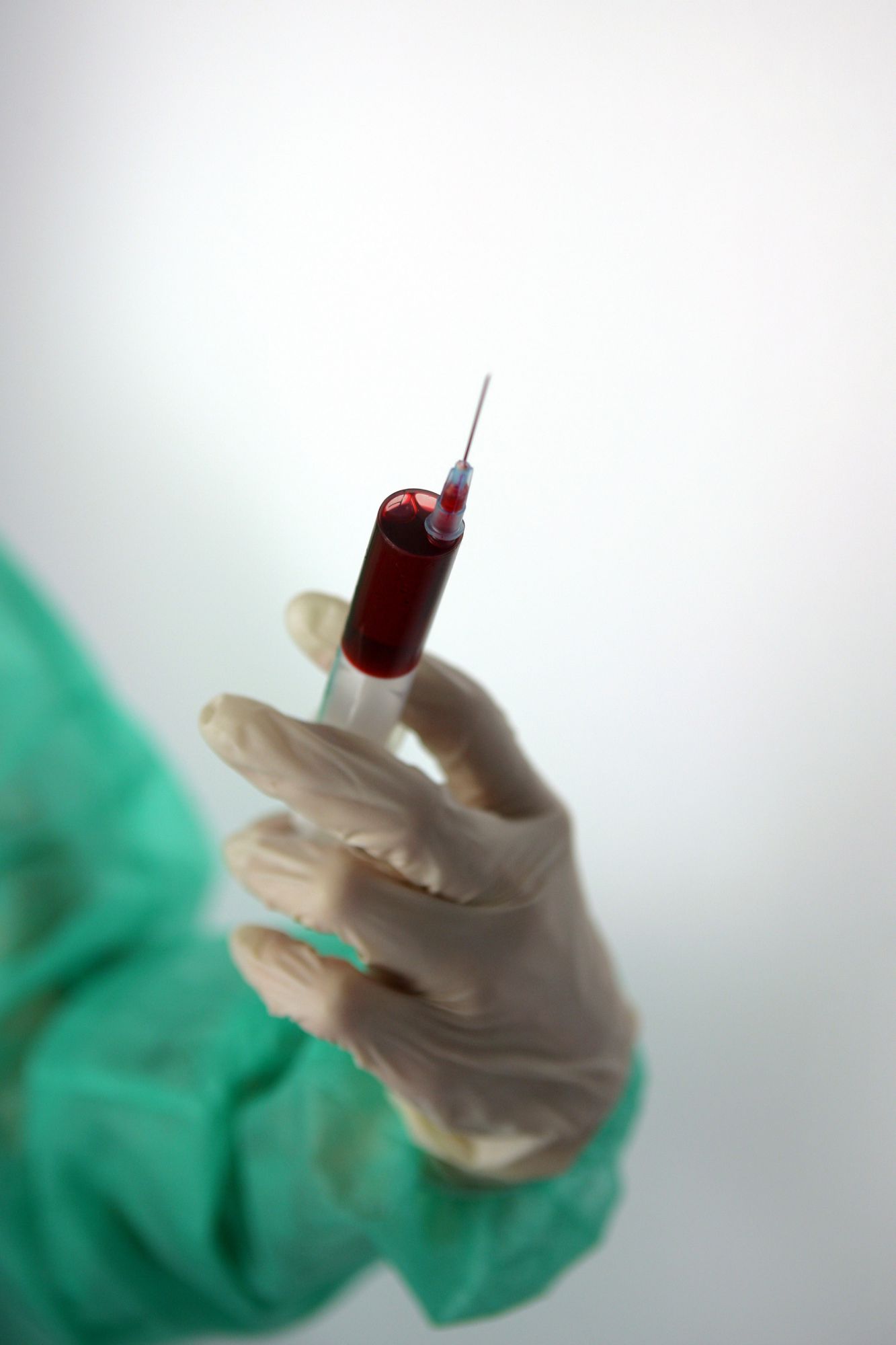-
 Osmotic pressure
Osmotic pressure
-
 Monoethanolamine
Monoethanolamine
-
 Flexography
Flexography
-
 Asparagine
Asparagine
-
 Conjecture
Conjecture
-
 Cytotoxic
Cytotoxic
-
 CMV
CMV
-
 Molecular biology
Molecular biology
-
 Cryoturbation
Cryoturbation
-
 Hydrogen vehicle
Hydrogen vehicle
-
 Thermodynamics
Thermodynamics
-
 Proton pump inhibitor
Proton pump inhibitor
-
 Effinergie
Effinergie
-
 Curietherapy
Curietherapy
-
 Google Talk
Google Talk
-
 CSA
CSA
-
 Sample
Sample
-
 Antidepressant
Antidepressant
-
 Mainframe
Mainframe
-
 Package
Package
-
 Endosome
Endosome
-
 Launch vehicle
Launch vehicle
-
 Wimp
Wimp
-
 Bryophyte
Bryophyte
-
 Lagrangian point L2
Lagrangian point L2
-
 Minute of arc
Minute of arc
-
 Bilateral
Bilateral
-
 Chondrule
Chondrule
-
 Brood
Brood
-
 Transcription
Transcription
Unfractionated heparin
Unfractionated heparins (which professionals also refer to as standard heparins), are categorised as injectable anticoagulants. They are natural molecules. They are extracted from pig intestine or beef lung when they are intended for human use. They are used to treat and prevent venous and arterial thrombo-embolic events (thromboses, pulmonary embolism, etc.). These are usually "holding" treatments before treatment using oral anticoagulants. Oral anticoagulants are usually vitamin K antagonists.
How do unfractionated heparins work?
The unfractionated heparins are mucopolysaccharides. In other words, they are composed of chains of sugars. The molecules bind to anti-thrombin, a protein produced by the liver which has anticoagulant activity, inhibiting two coagulation factors: thrombin and also factor X.
Do they have any contraindications or precautions?
Like all of the anticoagulants, patients must be monitored because of a risk of bleeding. Specialists also describe a fall in platelet count and allergic reactions. This treatment requires close interval monitoring of the APTT (Activated Partial Thromboplastin Time). This is a test which measures the speed at which bloodcoagulates.
Source: Interview with Dr Yannick Béjot, (Dijon University Hospital), 15 June 2011
 The unfractionated heparins are also called standard heparins. © Phovoir
The unfractionated heparins are also called standard heparins. © Phovoir
Latest
Fill out my online form.



